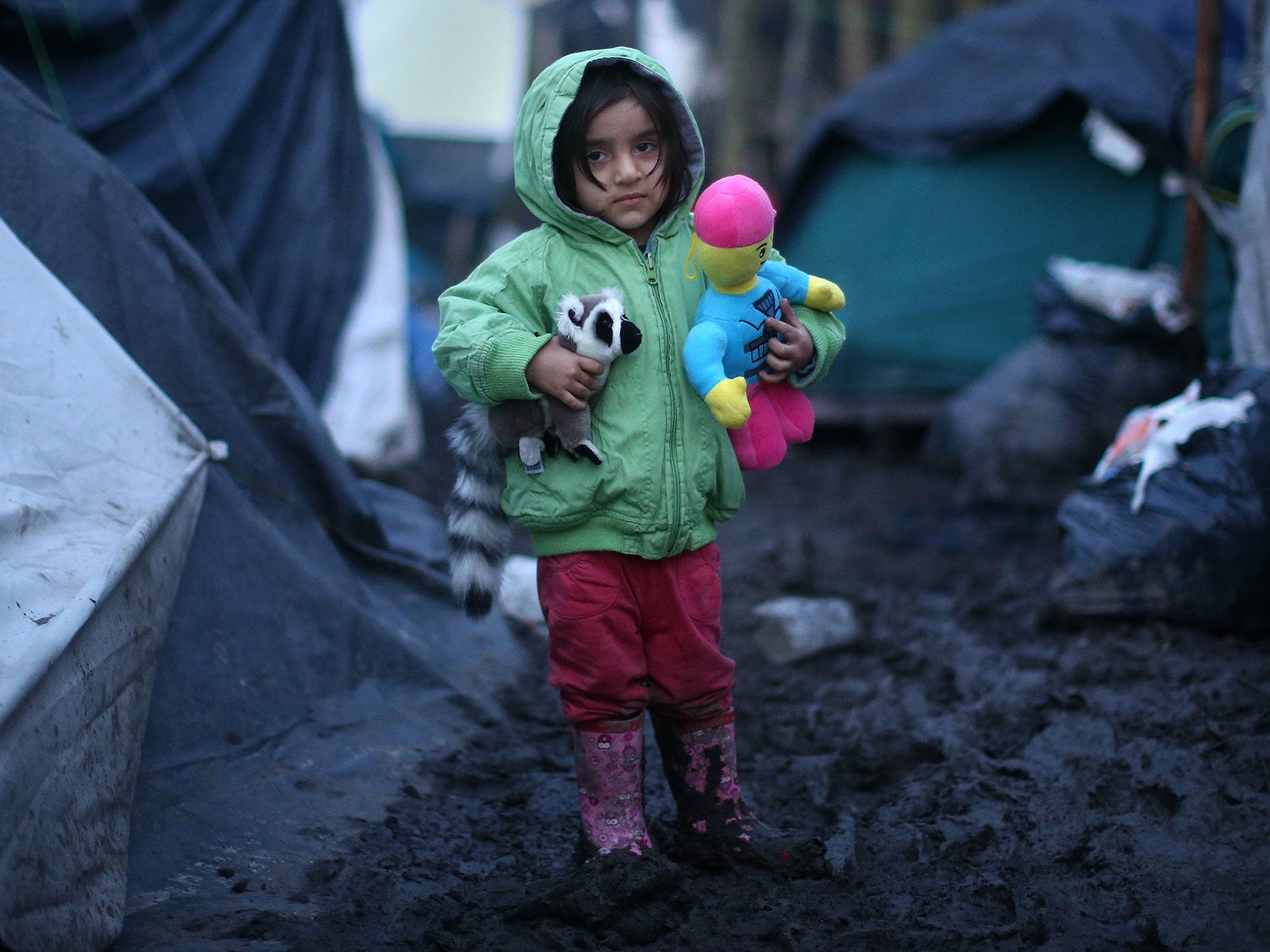UN human rights chief attacks Europe's 'chilling indifference' to refugees as 2017 sees record deaths
More than 5,000 asylum seekers have died at sea over the past year

The UN’s human rights chief has attacked the “chilling indifference” to the deaths of thousands of refugees shown by European leaders as the crackdown continues across the continent.
Zeid Ra'ad al-Hussein, the UN High Commissioner for Human Rights, said that although “heroic efforts” are underway to save lives in the Mediterranean, governments are turning their backs on those who survive the treacherous journey.
“Many ordinary people in Europe have welcomed and supported migrants, but political leaders increasingly demonstrate a chilling indifference to their fate,” he told a meeting of the UN human rights council in Geneva.

“I am particularly disturbed by lurid public narratives which appear deliberately aimed at stirring up public fear and panic, by depicting these vulnerable people as criminal invading hordes.”
The issue became a topic of debate during the EU referendum, when Nigel Farage unveiled a poster depicting migrants being escorted through Slovenia by police with the caption “breaking point”.
It followed criticism of David Cameron’s description of a “swarm” and “bunch of migrants”, while a Sun columnist compared refugees to “cockroaches”.
More asylum seekers are dying attempting to reach the continent than ever before but those who survive the journey face border closures and tightening legal restrictions making it ever more difficult to gain asylum.
The British Government has scrapped a programme to resettle unaccompanied child refugees, while Hungary is building a new fence to keep out migrants and the EU is considering initiatives to keep refugees in war-torn Libya.
The vast majority of boats are launched by smugglers in the country, where a fragile government has been unable to regain control of territory controlled by rival armed groups including Isis.
Libya’s agencies, including the coastguard, are themselves accused of torturing, abusing and killing migrants forcibly returned to land and imprisoned in squalid detention centres.
Despite a growing body of evidence raising concern from the UN and humanitarian groups, Britain is among the countries training the Libyan coastguard, while world leaders have agreed to help bolster its capability and Italy has pledged millions of euros in funding for anti-smuggling initiatives.
Mr al-Hussein said he was concerned at calls to establish processing centres for asylum seekers in North Africa and “engage external actors in migration issues, with little regard for human rights”.
“Migrants apprehended at sea by the Libyan coastguard or similar agencies may be put at risk of further violence,” he added.
“I reiterate the importance of abiding by the principle that people must not be sent back to countries where they may face torture, persecution or threats to their life.”
Crossings over the Central Mediterranean have increased after the EU-Turkey deal was imposed to stop refugees taking boats over the Aegean, and countries along the Balkans route from Greece to western Europe closed their borders.

Hungary is building a new and reinforced fence to keep refugees out, while passing a new law allowing all asylum seekers on its territory to be detained and forcibly returned over the border to Serbia.
Mr al-Hussein hit out at the “toxic notions of so-called ethnic purity” put forward by anti-immigration leaders including Hungarian Prime Minister Viktor Orban, warning that they “hark back to an era in which many people suffered atrociously, Hungarians included”.
More than 40 countries were examined in a wide-ranging speech on Wednesday, where the UN was warned that 2017 could prove to be a “pivotal year” for human rights amid terror attacks, security crackdowns, populism and the rise of “authoritarian-minded leaders”.
Mr al-Hussein launched a wide-ranging attack on Donald Trump, voicing his concern over the President’s new immigration ban, attacks on the press and judiciary and the administration’s handling of a series of human rights issues.
“Greater and more consistent leadership is needed to address the recent surge in discrimination, anti-Semitism, and violence against ethnic and religious minorities,” he said.
“Vilification of entire groups such as Mexicans and Muslims, and false claims that migrants commit more crimes than US citizens, are harmful and fuel xenophobic abuses.”
Join our commenting forum
Join thought-provoking conversations, follow other Independent readers and see their replies
Comments
Bookmark popover
Removed from bookmarks